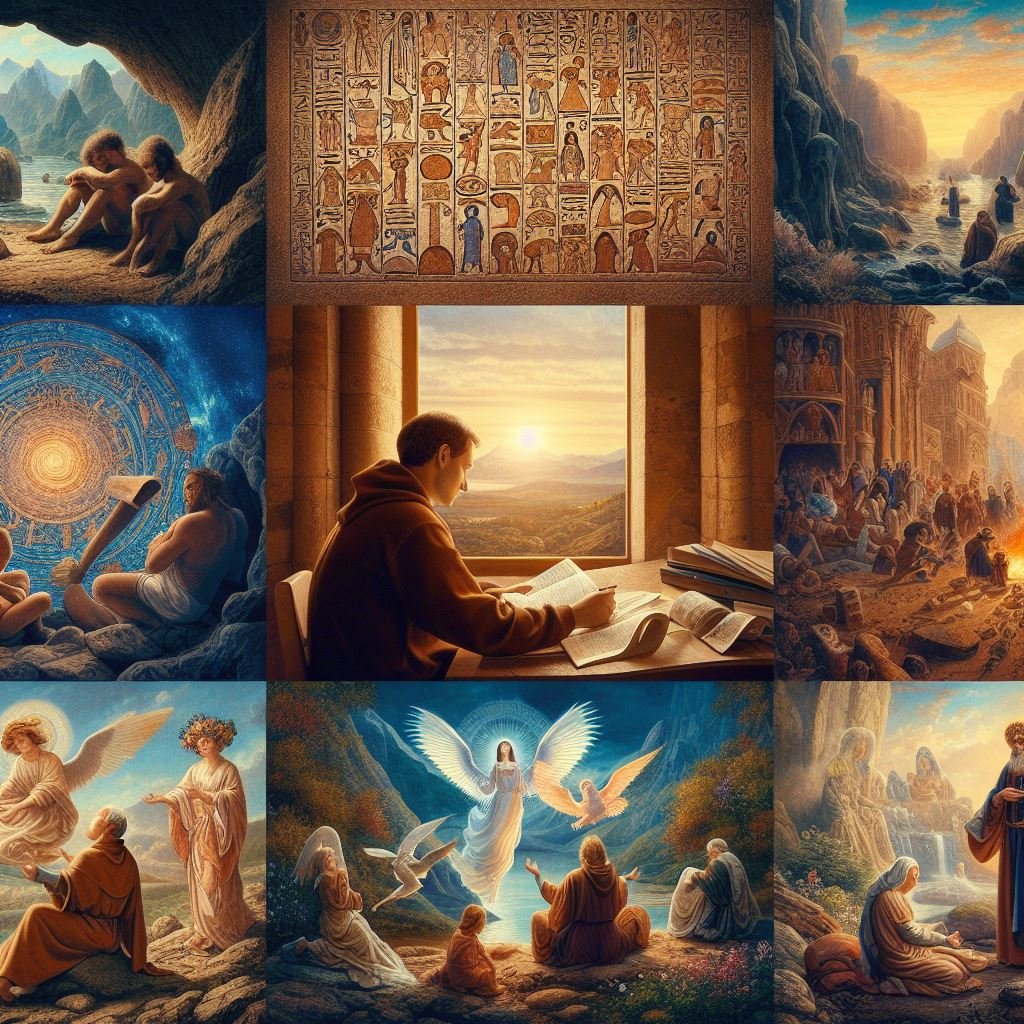Embracing Spirituality: A Journey Through Human History
1 comment
Introduction
Spirituality has been an integral part of human history. It has shaped cultures, influenced decisions, and provided a sense of purpose and understanding to countless generations. From the earliest cave paintings to modern-day religious practices, the quest for spiritual understanding and connection has been a constant thread woven through the tapestry of human existence.

Prehistoric Spirituality
The earliest evidence of spiritual beliefs can be traced back to prehistoric times. Cave paintings and artifacts suggest that early humans had a deep reverence for nature and likely believed in spirits or deities associated with animals and the natural world. These early forms of spirituality were closely tied to survival and understanding the world around them.
Ancient Civilizations and Spirituality
As civilizations developed, so did their spiritual beliefs. The ancient Egyptians, for example, had a complex system of gods and goddesses and believed strongly in the afterlife. Similarly, the Greeks and Romans had their pantheon of gods and goddesses. In the East, religions like Hinduism and Buddhism took root, focusing on concepts like karma, dharma, and the cycle of rebirth.
Spirituality in the Modern World
In the modern world, spirituality has taken on new forms. While traditional religions remain strong, there has been a surge in non-traditional spiritual practices. Many people now identify as spiritual but not religious, finding their own paths to understanding and connection. This shift reflects a broader trend towards individualism and personal growth in contemporary society.
Conclusion
Throughout history, spirituality has been a guiding force for humanity. It has provided comfort in difficult times, a sense of community, and answers to life’s biggest questions. As we move forward, spirituality will undoubtedly continue to evolve, reflecting the changing needs and understandings of humanity.
Comments